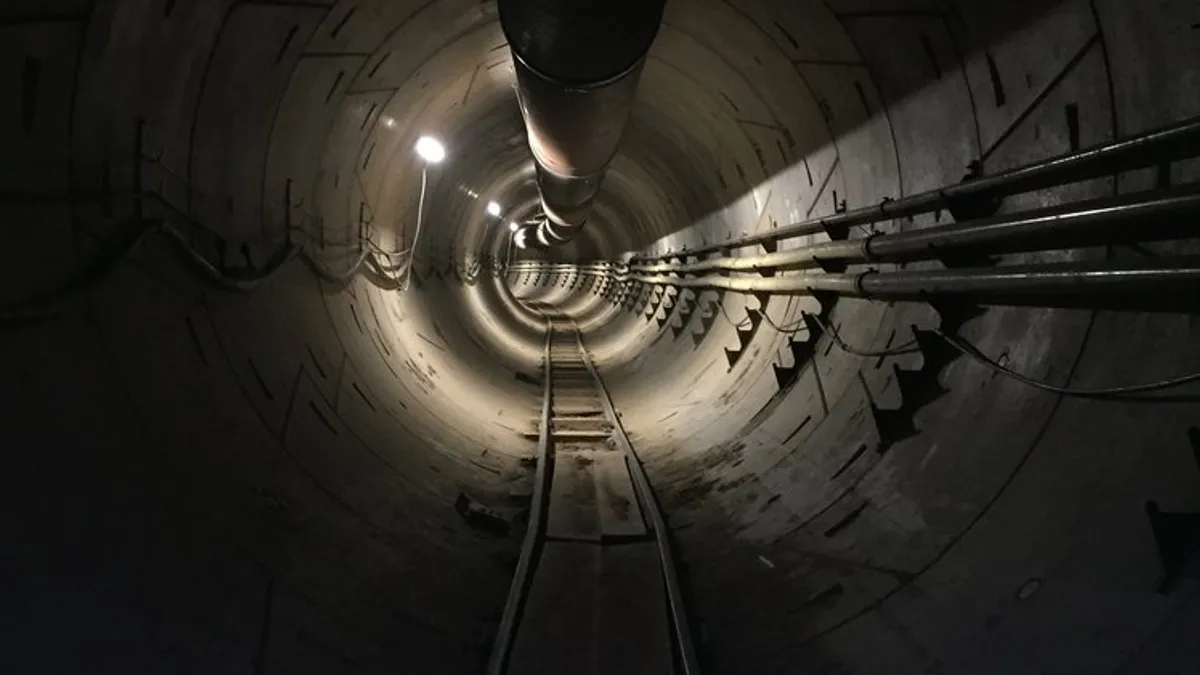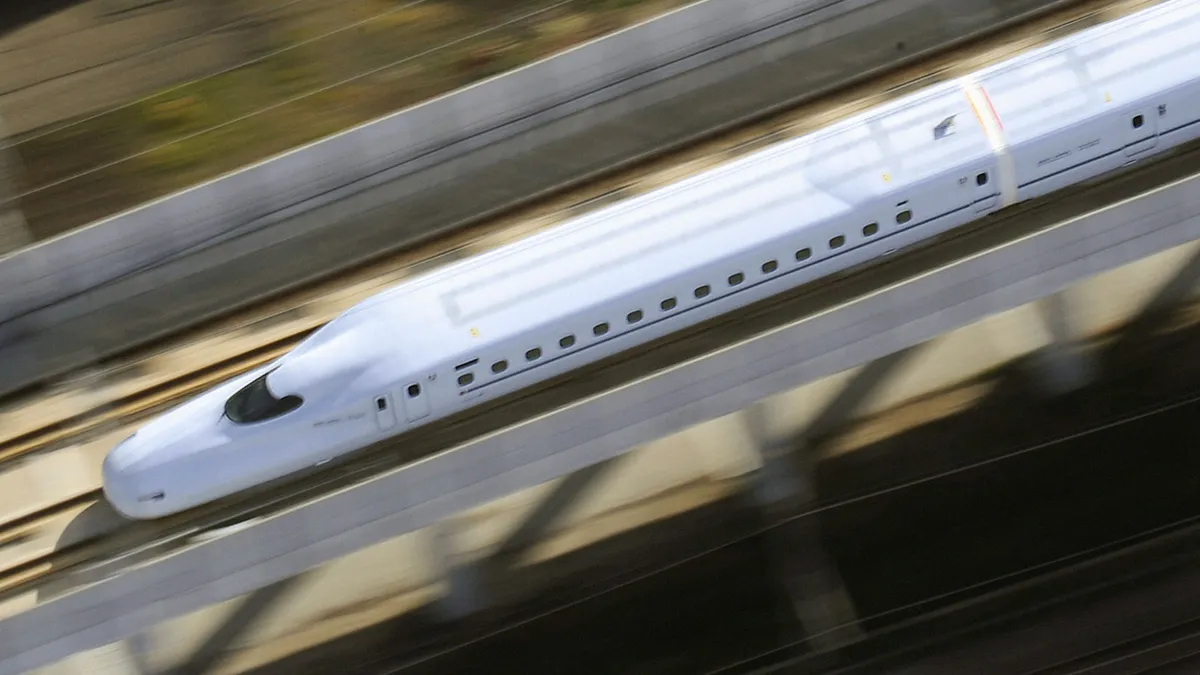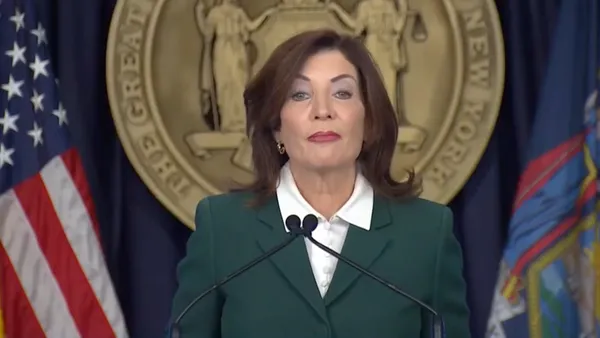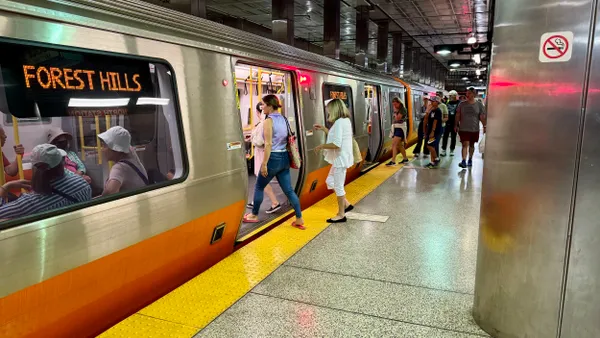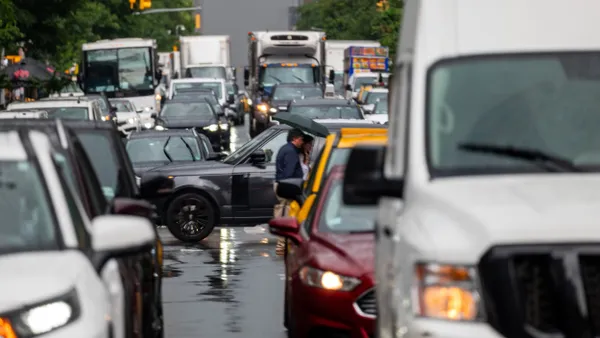Dive Brief:
- The Los Angeles City Council's public works committee has voted unanimously to grant Elon Musk's The Boring Company an exemption from having to complete an environmental review before it begins drilling a test transportation tunnel underneath the city, according to the Los Angeles Times.
- The Boring Company has proposed digging a 2.7-mile, 30-foot to 70-foot-deep tunnel under West Los Angeles in order to perfect its digging techniques and try out new technologies related to a potential 130 mph transit system that would drastically reduce travel time for the city's commuters. The 12-foot-wide tunnel's size and location make it eligible for a California Environmental Quality Act (CEQA) Class 32 "Infill" Categorical Exemption for projects in urbanized areas. The public works committee recommended, however, that The Boring Co. obtain a waiver from the Los Angeles County Metropolitan Transportation Authority since the agency is planning on building a subway through the area.
- The full city council must still vote on the exemption. If they grant the waiver, it could shorten the project schedule by months or years. Even if the exemption goes through, the project could still face legal obstacles if opponents can demonstrate that the test tunnel is part of a larger project. Boring Co. officials said the company would complete required environmental reviews and obtain all permits necessary if the project moves forward to one that will transport passengers.
Dive Insight:
Lawsuits on the basis of CEQA crop up sometimes in major construction and development projects in California.
While developers and officials whose projects are called into question in light of the CEQA statute might be understandably critical of the wide latitude given plaintiffs under that law, others who don't have a stake in a CEQA project have also come out against how costly, time-consuming and even misdirected these legal actions can be. A study published in a recent edition of the Hastings Environmental Law Journal found that CEQA lawsuits tend to interfere with the very type of developments that could help increase the availability of lower-cost housing and decrease negative environmental impact – high-density, infill projects that promote transit.
In Los Angeles, activists tried to convince voters to agree to a two-year moratorium – the Neighborhood Integrity Initiative – but residents of Los Angeles rejected it at the ballot box last year. However, since then, the Friends of the Neighborhood Integrity Initiative scuttled at least one project it believed was in violation of CEQA. That project was a 27-story, 269-unit residential building in the Koreatown area of the city, reported GlobeSt.com, that had been trying to win approval for 10 years. A judge overturned the approval granted to it by Los Angeles, maintaining that the city did not require developers to secure an environmental impact report.


